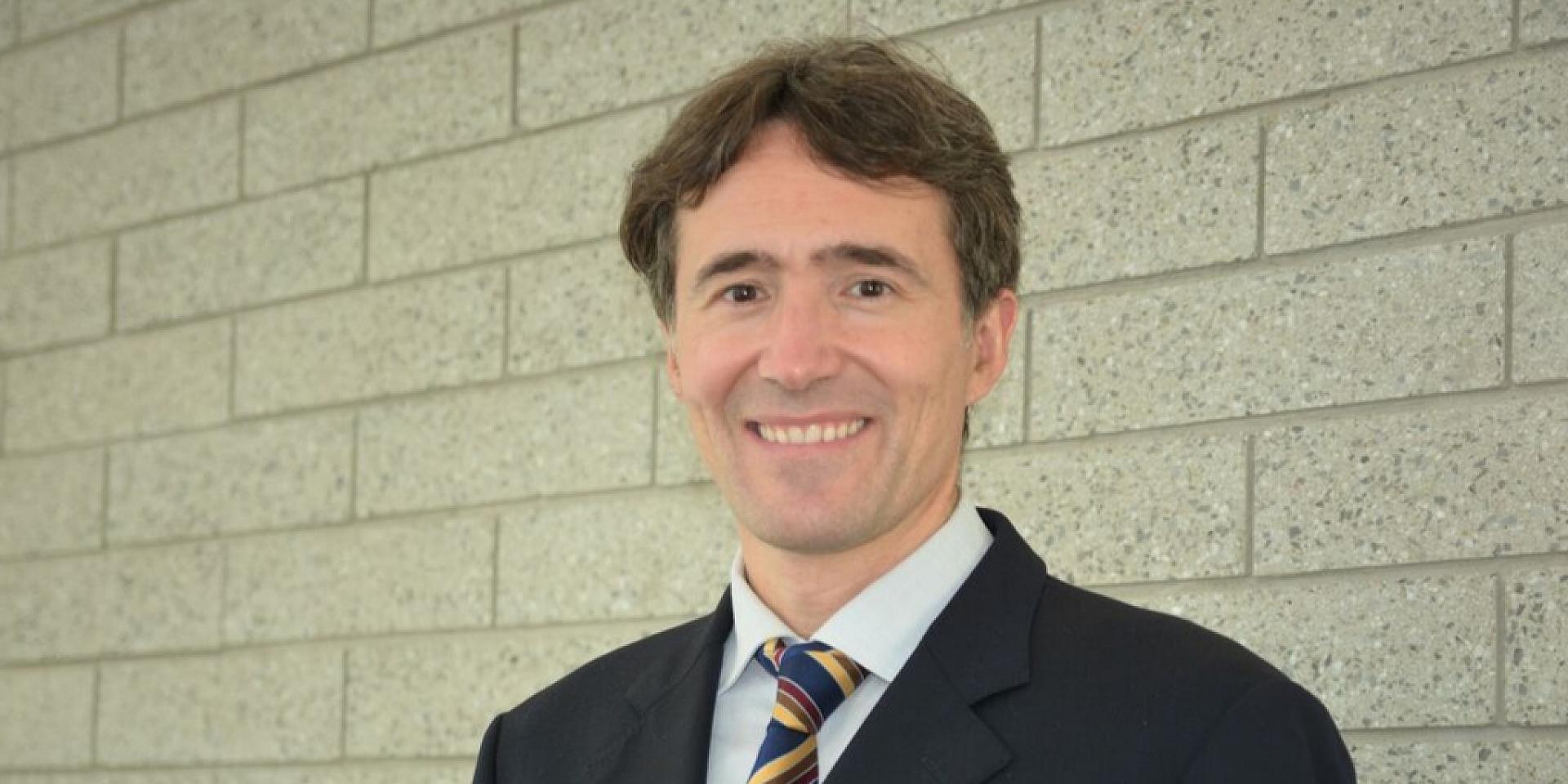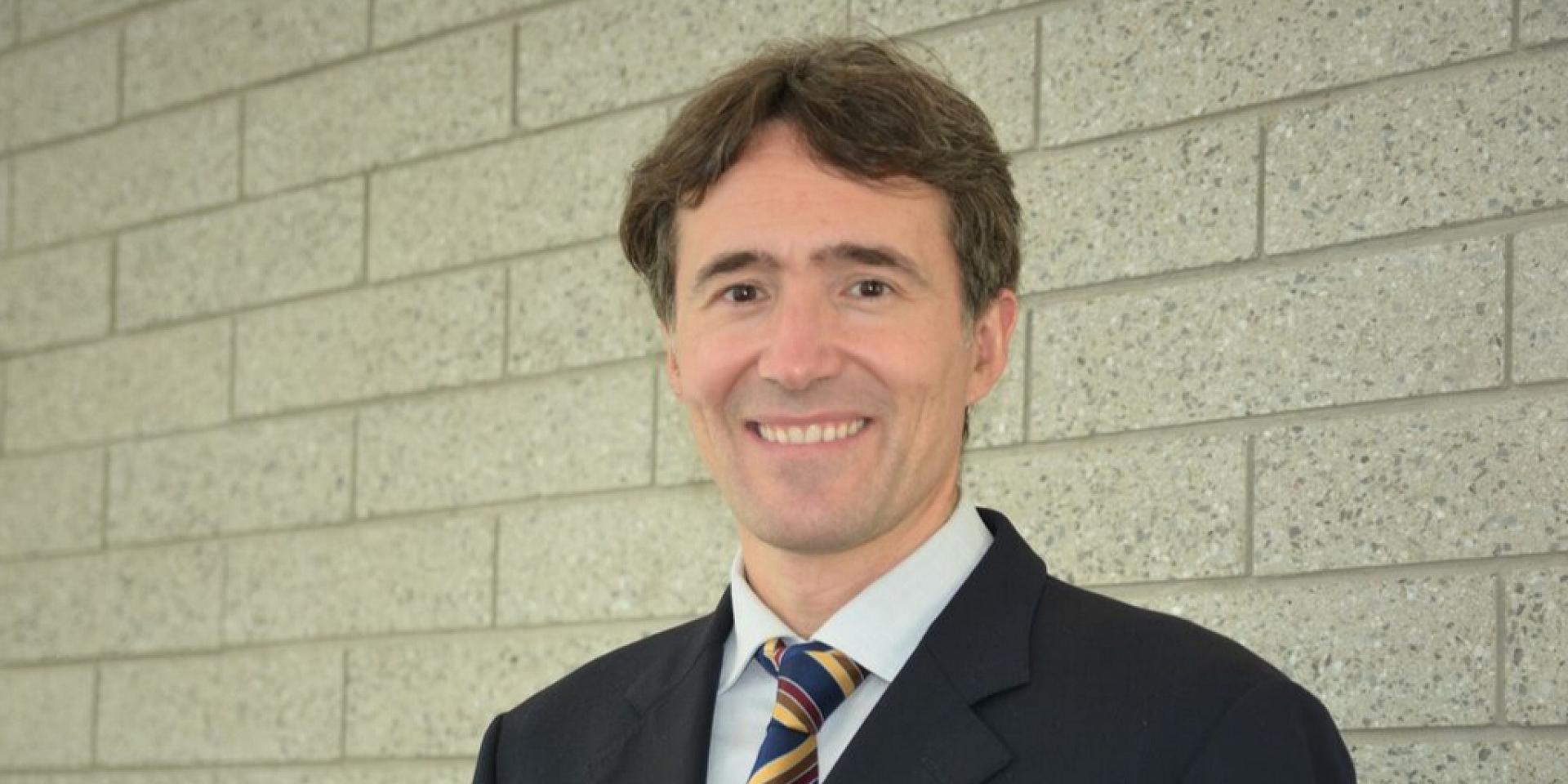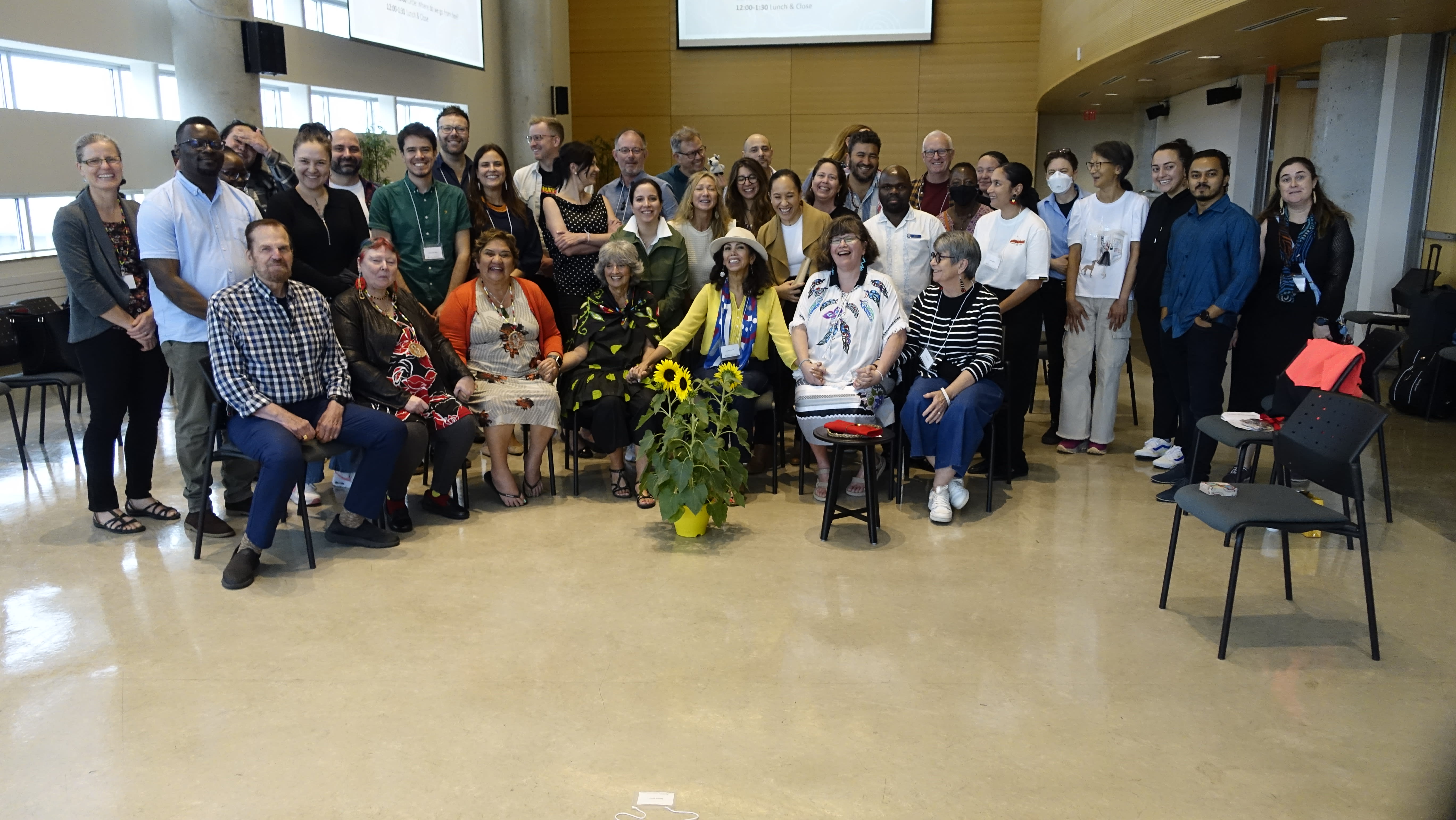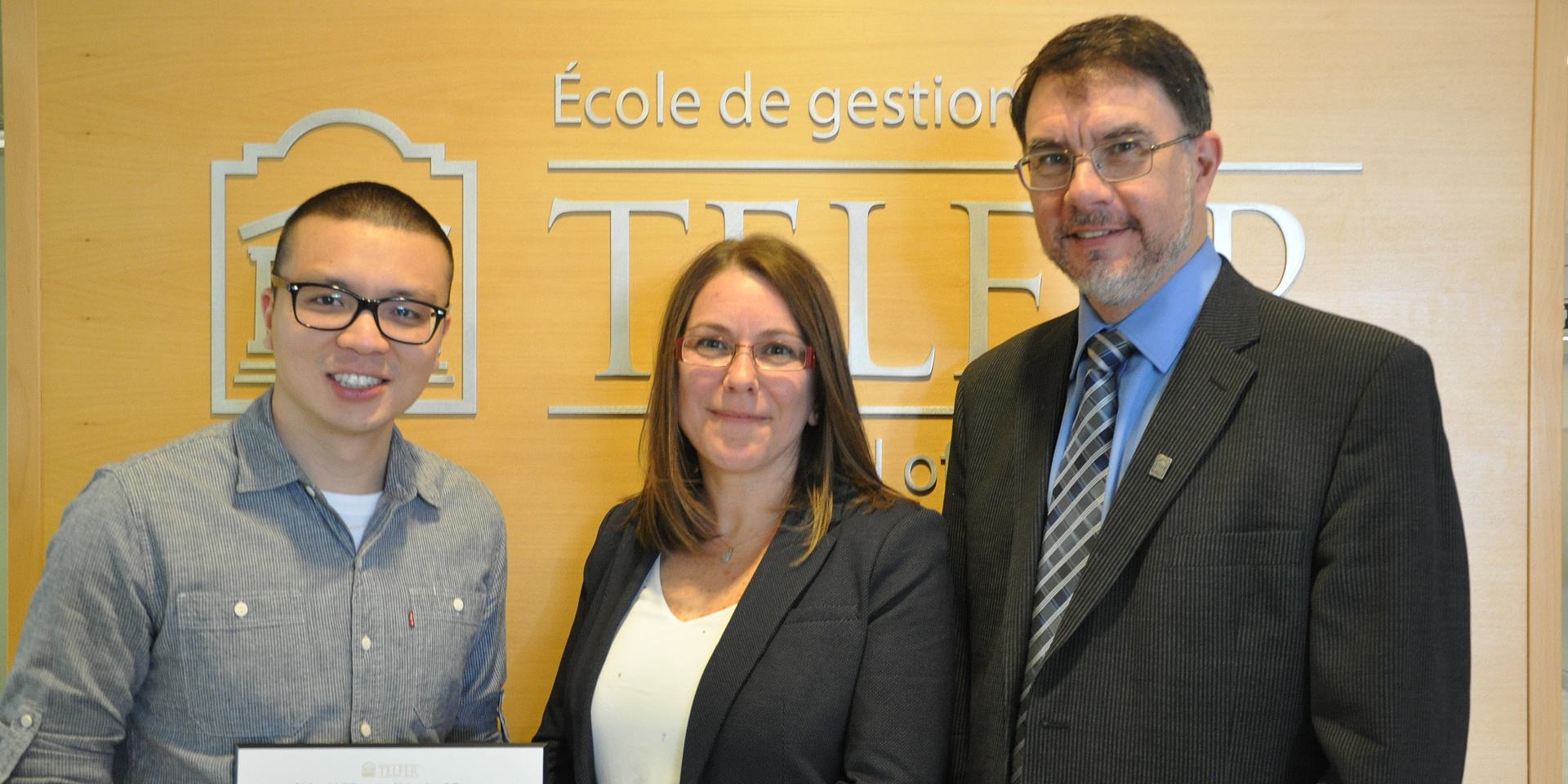Meet our new faculty member: Fabio Moneta joined the Telfer School of Management as an Associate Professor at the University of Ottawa. He holds a PhD in Finance from the Carroll School of Management, Boston College. He was recently awarded a competitive Senior Research Fellowship at the Long-Term Investors Think Tank at the Università di Torino. We interviewed him to learn more about his research interests in the areas of investments, institutional investors, and trading behaviour.
Why did you choose to study Finance?
With my last name, I had to be in Finance. Actually, I am one of ten children and the only one who is in Finance. Maybe because I am from Italy, from Pisa in Tuscany, I have always been interested in history. As Cicero, the famous Roman orator, once said “historia est magistra vitae”, which is Latin for “history is life’s teacher”. Finance played a very important role throughout history. This is particularly true for Italy. We would not have had the Renaissance without Finance and the Medici family, who became rich through their banking activities. As one of the most important patrons of Renaissance artists in the 15th and 16th centuries, the Medici family played a crucial role in laying the foundations of banking and finance that we know today.
You have 10 years of experience in Finance research in Canada and abroad. Any personal motivation behind your research interests in investments, trading behaviour, and mutual fund performance?
I have two main research areas. The first concentrates on institutional investors and studies their performance and trading behaviour. The second research area relates to the study of the risk premium in different financial markets. I believe that it is important to conduct research that has practical relevance. For example, since half of households invest in mutual funds, my research in this area can provide helpful, practical information for investors. My papers are mostly empirical, but I refer to existing theories and propose simple models so other professionals can understand and apply my research findings into practice.
You received a SSHRC, what was the topic and outcome of that research?
The main outcome of my SSHRC grant was my paper: When Anomalies Are Publicized Broadly, Do Institutions Trade Accordingly?, recently published in Management Science.An important phenomenon that occurred in the past two decades is the shift to greater institutional investing. Currently, institutional investors dominate the U.S. equity market. In this study, my co-authors and I examined whether institutional investors trade on stock market anomalies and contribute to market efficiency. We showed that investors do so after the anomalies are documented by academics through publication.
How can your research influence the public sector and business communities in Canada?

My Management Science study shows that investors can improve their investment returns by following academic research. Our results also suggest that academic research and engagement with a broader audience such as practitioners, media, and regulators can lead to societal and economic benefits by helping to correct mispricing and contributing to more efficient markets. In turn, efficient prices can help firms make better and more informed investment and financing decisions.











